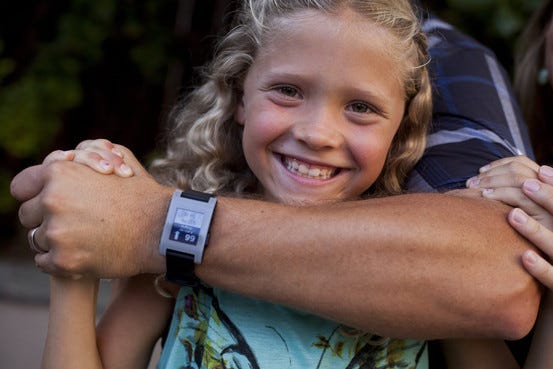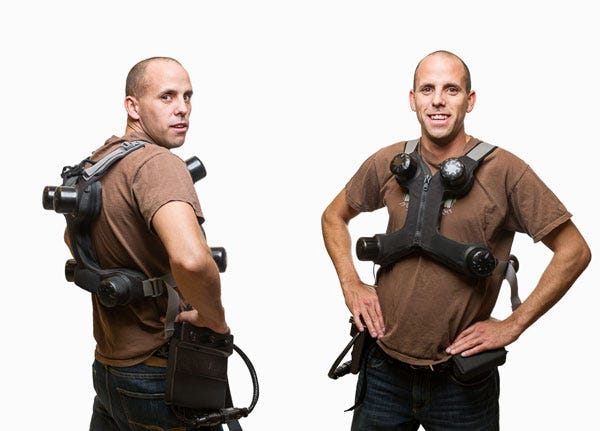September 30, 2014
The do-it-yourself (DIY) movement is exploding, and intrepid consumers are developing custom code and hardware for everything from smartphones to televisions. In recent years, the practice has made its way into the medtech industry, as patients began opening the hood on devices like glucose monitors, insulin pumps, hearing aids, and heart monitors just to name a few. These hackers aren't only tweaking devices for themselves; they're illuminating the light bulb for the rest of the industry, sparking innovation and improvement.
Take Jason Adams for example. The Wall Street Journal recently ran a piece detailing him and his daughter Ella. She has Type 1-diabetes, and wears a glucose monitor made by Dexcom. The device measures her blood sugar every five minutes and displays the information on a nearby receiver, providing Jason with a huge advantage in helping him monitor his daughters condition for any dangerous spikes or potentially fatal drops in blood-sugar levels. Unfortunately, the device cannot transmit the data to the Internet, limiting the portability of the monitoring device.
|
Jason Adams' SmartWatch device |
That is, until Adams found NightScout, a system patched together by software engineers--many of whom have diabetic children of their own--who refused to settle for the limitations of current technology. The open-source system essentially hacks into the Dexcom device and uploads the data to the Internet, which allows Adams to view his daughters blood-sugar levels on a smartwatch, regardless of her location. However, the solution is far from perfect. It drains battery power with great efficiency, cuts out at times, and does not have any sort of approval from the Food and Drug Administration. It does, however, serve a need that many patients have been left without, and serves as a foundation for how the technology can be improved in the future.
Of course Jason isn't the first take matters into his own hands. Do-it-yourselfers have been inventing and modifying medical devices for years, leading to advancements and improvements to devices across the industry. From patients tweaking hearing aids to play music, to a cystic fibrosis patient crafting a device to help treat his clogged airways, users across the globe continue to invent new devices, or revamp existing technologies to improve treatments. There is also the case of the Argentine mechanic, who developed a device that could save millions of lives. And then there is the British boiler engineer who created a device to fix a pumping problem with his heart.
|
Innovator Marten deVlieger engineered this device to treat cystic fibrosis. |
Regardless of the process, patients clearly are not willing to settle for less if they have the power to improve devices on their own.
These DIY efforts are mostly a symptom of frustration, stemming from the lengthy approval process for updated and newly invented devices. A new Medtronic pump that can communicate with a glucose monitor and suspend insulin delivery when blood-sugar levels are low wasn't approved in the U.S. until 2013, despite being available and in use in Europe since 2009. There's also a new version of an Animus insulin pump that uses a Dexcom monitor that was submitted for approval in April of 2013 (and is still awaiting said approval), despite the device being in use in Europe since 2011. The FDA has acknowledged the frustrating process, and certainly doesn't want to be seen as a barrier to innovation, as it continues to work toward a more proactive, functioning process for regulatory approvals.
Chronic diseases such as asthma, diabetes, and heart conditions have become an early focus for Dexcom as they look to work efficiently with the FDA to deliver devices with more functionality and innovation to patients actively seeking the best technology available. All the while being gently nudged by hackers and do-it-yourselfers like Jason Adams, who don't need a string of approvals to make their medical devices as efficient as possible.
Refresh your medical device industry knowledge at MD&M Chicago, October 15-16, 2014, and MD&M Minneapolis, October 29-30, 2014. |
Kristopher Sturgis is a contributor to Qmed and MPMN.
Like what you're reading? Subscribe to our daily e-newsletter.
About the Author(s)
You May Also Like




